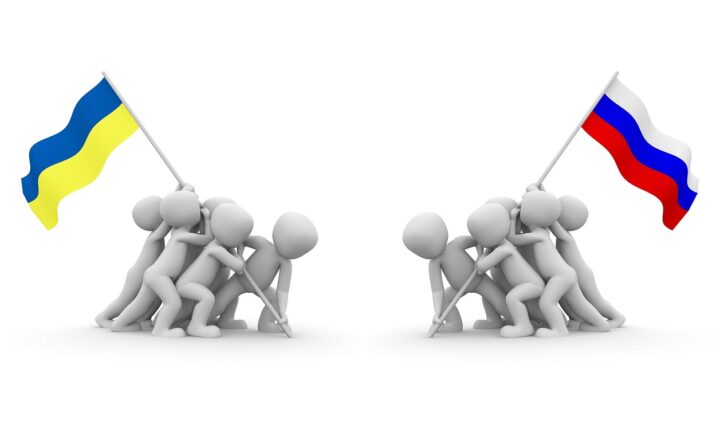
History is often defined by significant moments that pivot the trajectory of nations and societies. Yet, it is not just wars, revolutions, or the rise and fall of empires that shape our world; sometimes, a single document can have profound implications. This article explores how one such document—the Magna Carta—transformed governance and laid the groundwork for modern democracies. From its origins in medieval England to its lasting influence in legal systems around the globe, the Magna Carta is a testament to the power of a written agreement.
1. The Historical Context of the Magna Carta
The Magna Carta was signed in 1215 during a tumultuous period in England’s history. King John, known for his tyrannical rule, was facing unprecedented dissent from his barons due to heavy taxation and arbitrary justice. Tensions reached a boiling point, culminating in a rebellion that threatened the stability of his reign.
In response, King John was compelled to negotiate with the barons, which led to the drafting of the Magna Carta on June 15, 1215. This document was not merely a list of grievances; it represented the barons’ demands for a set of rights that would constrain the king’s power.
2. The Provisions of the Magna Carta
At its core, the Magna Carta is a declaration of rights and responsibilities outlining the relationship between the monarch and his subjects. Key provisions included:
- Due Process: The right to a fair trial and protection from unlawful imprisonment became a fundamental principle in modern legal systems.
- Limitations on Taxation: The king could not impose taxes without the consent of his barons, paving the way for the development of parliamentary democracy.
- Protection of Property Rights: The Magna Carta established that individuals had a right to their possessions, limiting the king’s power to seize land without just cause.
While only a few clauses remain in modern law, the fundamental ideas of justice and accountability have permeated legal frameworks globally.
3. The Magna Carta: A Symbol of Freedom
The Magna Carta wasn’t simply a legal document; it became a powerful symbol of freedom and resistance against tyranny. Over the centuries, it inspired various movements advocating for individual rights and liberties. Notably:
- In the United States: The framers of the Constitution drew upon the principles established by the Magna Carta when crafting the foundational documents of American democracy, including the Bill of Rights.
- In France: The principles of the Magna Carta fueled the French Revolution, as citizens sought to dismantle the absolute monarchy in favor of a republic based on freedom and equality.
- Global Impact: The concepts articulated in the Magna Carta have influenced legal systems in numerous countries, solidifying the idea that no one is above the law and that citizens have inherent rights that must be protected.
4. The Modern Relevance of the Magna Carta
Today, the echoes of the Magna Carta’s provisions can be found in various human rights charters and legal systems. It serves as a reminder of the ongoing struggle for justice and freedom in a world where governmental power must be checked to protect individual rights. Some modern implications include:
- Judicial Independence: The principle of due process has evolved to ensure a fair and impartial judiciary, safeguarding citizens against government overreach.
- Human Rights Movements: Contemporary movements advocating for civil rights, environmental justice, and freedom from oppression often invoke the spirit of the Magna Carta to reinforce their cause.
- International Law: The Magna Carta is frequently referenced in discussions regarding international human rights law, affirming the idea that law derives its legitimacy from the consent of the governed.
5. Conclusion: The Legacy of the Magna Carta
The Magna Carta may have originated as a practical solution to a political crisis in 1215, but it grew into a monumental document that reshaped the course of history. Its legacy transcends borders and time periods, embodying the universal struggle for justice and the protection of individual rights against arbitrary authority.
As we reflect on its importance, we are reminded that while the fight for freedom is ongoing, it is the ideas encapsulated in documents like the Magna Carta that continue to light the path toward a more just world.
By understanding its history and influence, we can better appreciate the fruits of liberty and the legal protections we enjoy today. Each time we exercise our rights, we honor the long legacy of those who fought for the principles enshrined in this historic document.







